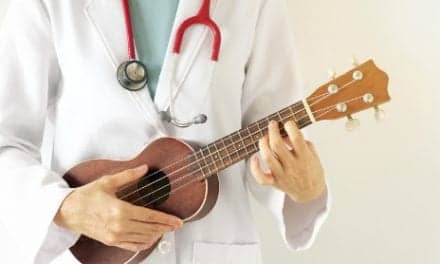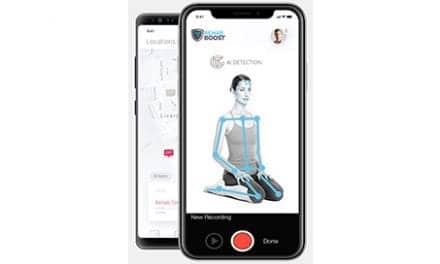The American Academy of Nursing (Academy), in collaboration with the American Red Cross, have released a white paper titled “Closing the Gaps: Disaster Preparedness, Response, and Recovery for Older Adults.”
The report, based on review of the latest evidence and legislation on the topic, was produced by members of the American Red Cross Scientific Advisory Council and the Academy Policy Expert Round Table on Emergency/Disaster Preparedness for Older Adults.
The study found that while disaster preparedness is vital for people of all ages, older adults are more vulnerable and experience more casualties after a natural disaster or emergency due to several factors, including:
- Older adults have a greater prevalence of chronic conditions, multi-morbidity, cognitive impairment and medication concerns during disasters.
- Older adults have a greater dependence on assistive devices (i.e. walkers, glasses) supplies and support requirements (from caregivers and others) during disasters.
- Greater issues of social isolation make older persons more vulnerable.
- Mixed findings exist around the vulnerability for older adults to psychological distress compared to younger adults.
- Gaps in preparedness of caregivers of older persons, especially of those with dementia.
During both Hurricanes Katrina and Sandy, approximately half of all deaths related to the storms were seniors.
“Disaster preparedness is especially important among this vulnerable population,” said Academy President Eileen Sullivan-Marx, PhD, RN, FAAN, in a media release. “We, as nurses, are on the front lines of responding to disasters and have to operate under volatile, uncertain, complex, and ambiguous (commonly known as VUCA) circumstances. Working with older adults to create their own preparedness plans will make it easier for health professionals to respond and mobilize during crisis.”
These recommendations are also useful and pertinent when emergencies necessitate shelter-in-place policies, such as the directives a majority of states have enacted in response to the coronavirus (COVID-19) pandemic. Similar to a natural disaster, the pandemic is disproportionately impacting older adults and the Academy continues to call on policymakers to protect vulnerable populations. To help address preparedness gaps, the report includes 25 evidence-informed expert recommendations, including:
- Older adults and their unpaid caregiver(s) should be provided with tailored, easy-to-access information related to emergency/disaster preparedness and guidance on how to develop customized emergency plans. Access to these programs should be increased.
- Older adults who are reliant on mobility aids should remove or minimize barriers affecting their ability to evacuate and should take steps to ensure their safety within their surroundings.
- Programs that provide essential community services and assistance with daily living activities for older people (financial, medical, personal care, food, and transportation) should develop plans and protocols related to responding adequately to the needs of their clients during emergencies and disasters.
- Local governments should leverage data sources, such as registries, that identify at-risk individuals to enable emergency responders to more easily prioritize their search and rescue efforts following a disaster or emergency.
- Healthcare professionals and emergency response personnel should receive training on providing geriatric care relevant to their discipline and how best to assist older adults and their unpaid caregivers during disasters.
For more information, view the report here.
[Source: American Academy of Nursing]





